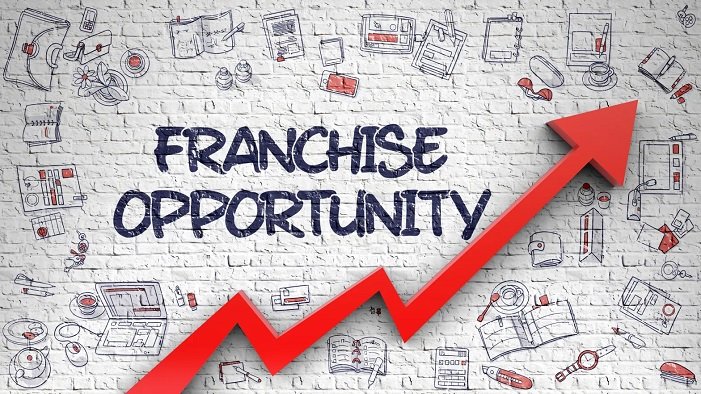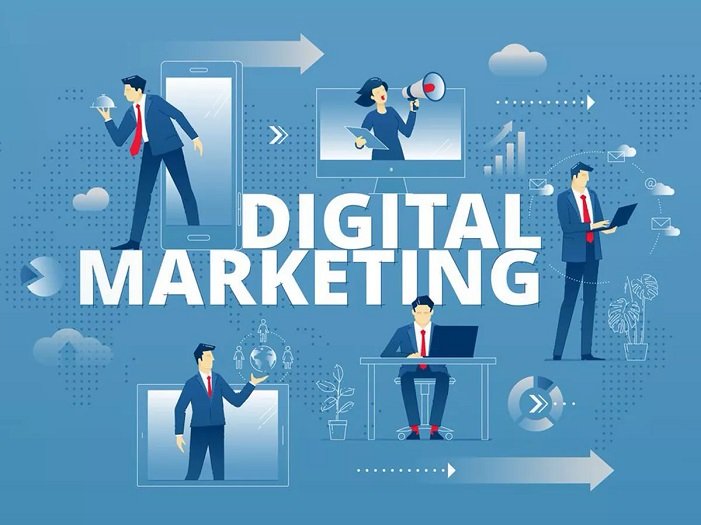Top 7 Business Ideas to Start with $50,000: Read Before Start A Business

Starting a business with $50,000 can be a great opportunity if you choose the right venture. With this budget, you have the flexibility to invest in various types of businesses, ranging from technology startups to service-based enterprises. Based on my experience and current market trends, here are some of the best business ideas you can consider:
1. E-Commerce Store

Overview: Launching an online store allows you to sell products to a global audience without the need for a physical storefront. You can focus on niche products or dropshipping models to minimize inventory costs.
Start-Up Costs:
- Website development: $5,000 – $10,000
- Inventory (if not dropshipping): $10,000 – $20,000
- Marketing: $5,000 – $10,000
- Miscellaneous: $5,000
Why It’s a Good Idea: Low overhead costs, scalability, and the ability to reach a wide customer base. The e-commerce sector continues to grow, offering significant opportunities.
2. Franchise Ownership

Overview: Investing in a franchise can be a safer option due to the established business model and brand recognition. Many franchises require an initial investment of around $50,000.
Start-Up Costs:
- Franchise fee: $20,000 – $30,000
- Equipment and supplies: $10,000 – $15,000
- Initial marketing: $5,000 – $10,000
Why It’s a Good Idea: Proven business model, support from the franchisor, and reduced risk compared to starting a business from scratch.
3. Digital Marketing Agency

Overview: With businesses increasingly focusing on online presence, starting a digital marketing agency can be highly profitable. Services include SEO, social media management, and paid advertising.
Start-Up Costs:
- Office setup (can be home-based): $1,000 – $3,000
- Software and tools: $2,000 – $5,000
- Marketing and client acquisition: $5,000 – $10,000
- Staff salaries (optional): $10,000 – $20,000
Why It’s a Good Idea: Growing demand for digital marketing services and the ability to work with various industries. Flexibility in service offerings and scaling potential.
4. Real Estate Investment

Overview: Investing in real estate can involve purchasing rental properties, flipping houses, or investing in commercial properties. With $50,000, you can make a down payment on a property or invest in real estate crowdfunding.
Start-Up Costs:
- Down payment (for residential properties): $20,000 – $30,000
- Renovation and maintenance: $10,000 – $15,000
- Closing costs: $5,000 – $10,000
Why It’s a Good Idea: Potential for long-term appreciation, rental income, and tax benefits. Real estate remains a solid investment with various opportunities.
5. Health and Wellness Business

Overview: The health and wellness industry is booming. You can start a business such as a gym, yoga studio, or health food café. With a focus on well-being, this sector offers numerous opportunities.
Start-Up Costs:
- Equipment and furnishings: $15,000 – $25,000
- Lease and renovations: $10,000 – $20,000
- Marketing: $5,000 – $10,000
- Initial inventory (for a café or store): $5,000 – $10,000
Why It’s a Good Idea: Growing consumer focus on health, diverse business models, and potential for recurring revenue through memberships or subscriptions.
6. Tech Start-Up

Overview: If you have a tech idea, starting a tech company or app can be a lucrative venture. This could include software development, mobile apps, or tech consulting.
Start-Up Costs:
- Development and design: $20,000 – $30,000
- Marketing and promotion: $10,000 – $15,000
- Legal and administrative: $5,000 – $10,000
- Miscellaneous expenses: $5,000
Why It’s a Good Idea: High potential for growth, scalability, and innovation. The tech sector offers substantial opportunities, especially if you have a unique idea.
7. Consulting Business

Overview: If you have expertise in a specific field, starting a consulting business can be a low-cost, high-reward venture. You can offer consulting services in areas like management, finance, or IT.
Start-Up Costs:
- Marketing and client acquisition: $5,000 – $10,000
- Office setup (can be home-based): $1,000 – $2,000
- Professional fees and certifications: $3,000 – $5,000
- Technology and software: $2,000 – $3,000
Why It’s a Good Idea: Low overhead costs, the ability to leverage your expertise, and potential for high earnings.
Conclusion
With $50,000, you have a range of business options to explore. Whether you’re interested in e-commerce, franchising, real estate, or consulting, each of these ideas offers potential for success with careful planning and execution. Assess your skills, interests, and market opportunities to choose the best business venture for you.




